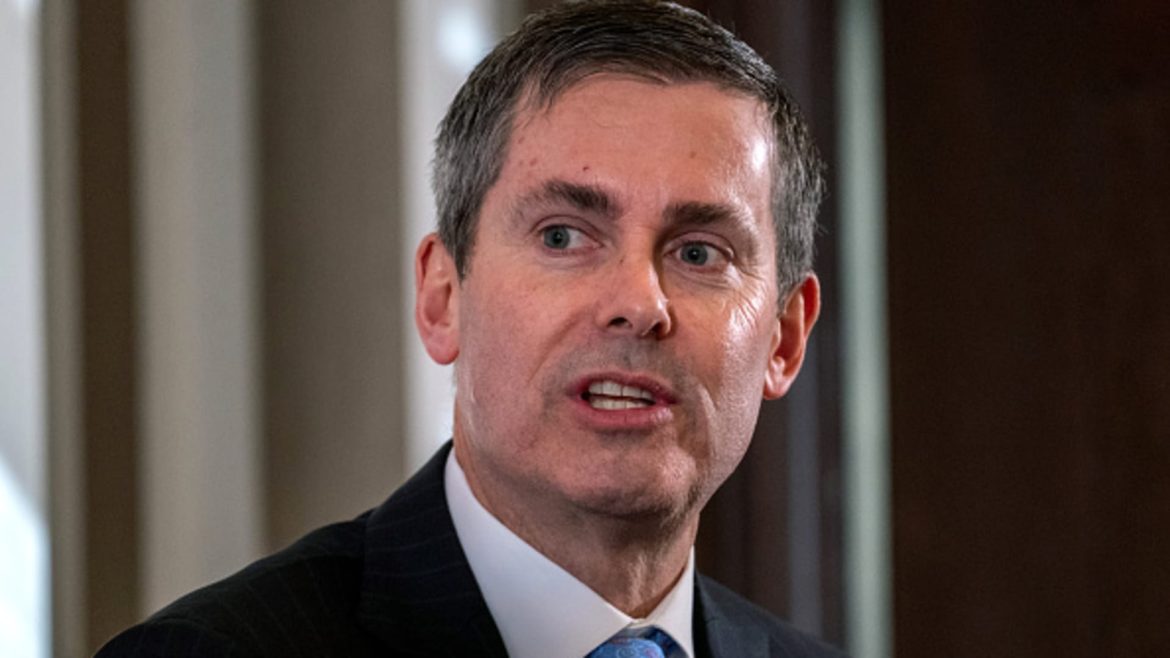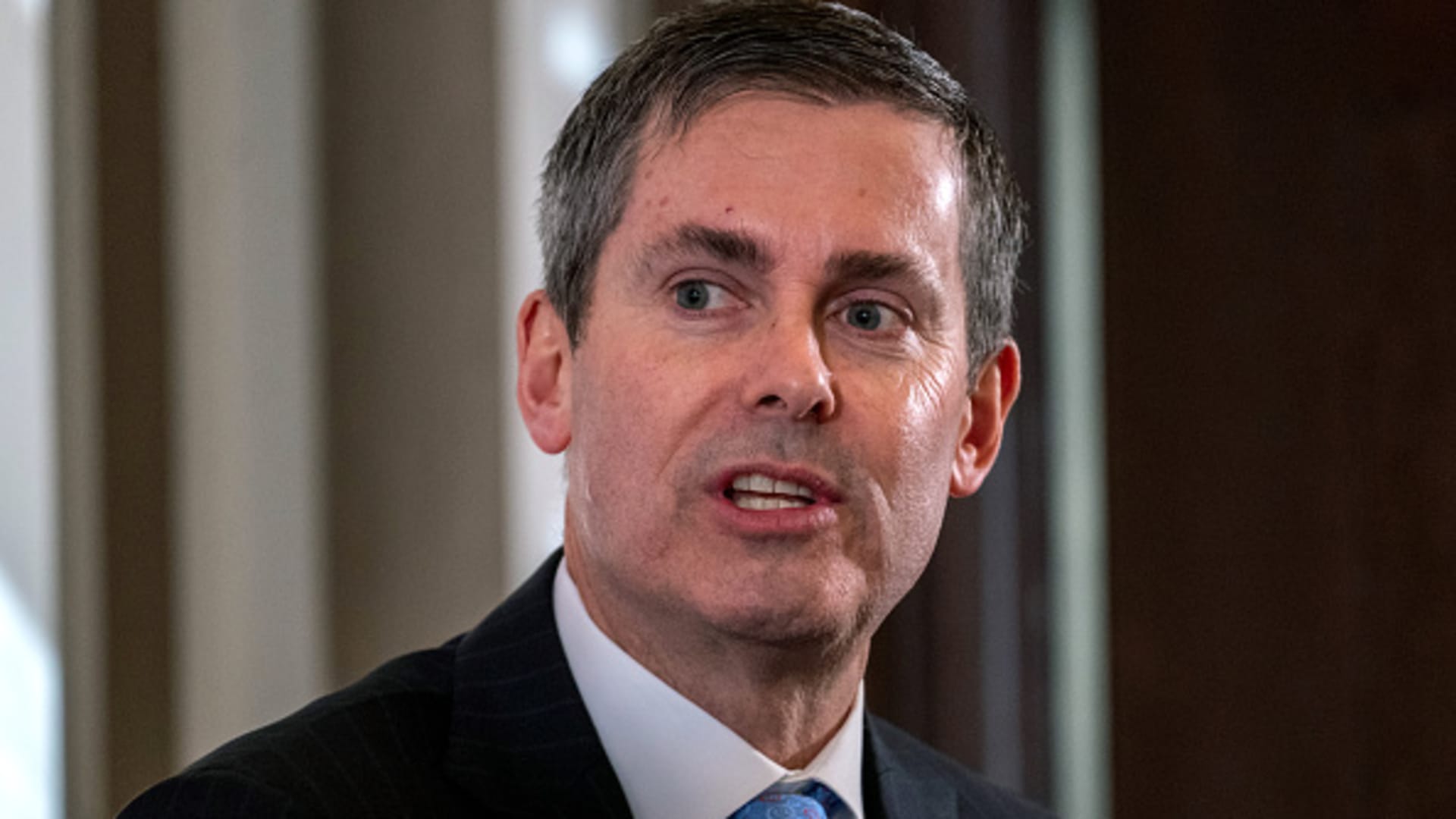Eli Lilly’s Strategic Response to Pharmaceutical Tariffs and National Security Concerns
The pharmaceutical industry is at a crossroads, facing significant challenges from potential tariffs and national security concerns. Eli Lilly, one of the world’s leading pharmaceutical companies, has stepped forward with a bold strategy to address these issues. This report delves into the company’s plans, the potential impacts of tariffs, and the broader implications for the healthcare sector.
The Looming Threat of Pharmaceutical Tariffs
The threat of pharmaceutical-specific tariffs has cast a long shadow over the industry. Tariffs on generic drugs, which have far lower profit margins than branded medications, could have far-reaching consequences. Health experts have warned that such tariffs could disrupt the supply chain, increase costs for consumers, and potentially limit access to essential medicines. Eli Lilly CEO Dave Ricks has acknowledged the gravity of the situation, stating that tariffs represent a pivotal moment from which it will be hard to recover.
Eli Lilly’s Strategic Investment in U.S. Manufacturing
In response to the potential tariffs, Eli Lilly has announced a significant investment in U.S. manufacturing. The company plans to spend at least $27 billion to build four new manufacturing plants in the United States. This move is part of a broader strategy to bolster domestic production and ensure a stable supply of essential medicines. The investment is not just a response to tariffs but also a proactive measure to enhance the company’s operational resilience and national security.
The National Security Implications
National security concerns around essential drugs have become a focal point in the ongoing debate about pharmaceutical tariffs. Older generic drugs account for about 90% of the medicines prescribed in the U.S., many of which are critical for hospital care, including antibiotics. The potential disruption of the supply chain for these drugs could have serious implications for public health and national security. Eli Lilly’s investment in U.S. manufacturing is a direct response to these concerns, aiming to ensure a reliable and secure supply of essential medicines.
The Economic and Regulatory Landscape
The economic and regulatory landscape is also a significant factor in Eli Lilly’s strategic decisions. The company has been vocal about the need for tax and regulation reform, as well as addressing drug affordability. CEO David Ricks has highlighted these areas as key policy focuses for the company in a potential second Trump administration. The push to onshore manufacturing is also aligned with the Trump administration’s commitment to restoring manufacturing in the U.S., which could provide a competitive advantage for companies that invest in domestic production.
The Impact on Research and Development
One of the potential downsides of pharmaceutical tariffs is the impact on research and development (R&D). Higher costs from tariffs could divert resources away from innovation, potentially slowing the development of new drugs and treatments. Eli Lilly’s CEO has warned that tariffs could hamper R&D in the industry and ultimately hurt patients. The company’s investment in U.S. manufacturing is a way to mitigate these risks, ensuring that resources continue to flow into R&D even as the company navigates the challenges posed by tariffs.
The Global Context
The global context is also crucial to understanding Eli Lilly’s strategy. The company operates in a complex supply chain that spans the U.S., Europe, and Asia. The push to onshore manufacturing is part of a broader trend in the pharmaceutical industry, with companies like Roche and Regeneron also announcing significant investments in U.S. production. This trend is driven by a combination of factors, including the threat of tariffs, the need for operational resilience, and the desire to align with national security priorities.
The Potential Benefits for Consumers and Patients
For consumers and patients, the potential benefits of Eli Lilly’s strategy are significant. A stable and secure supply of essential medicines is crucial for public health, and the company’s investment in U.S. manufacturing is a step towards ensuring this. Additionally, the push to onshore manufacturing could lead to job creation and economic growth in the U.S., further benefiting consumers and patients.
Conclusion: A Bold Step Towards a Secure Future
Eli Lilly’s $27 billion investment in U.S. manufacturing is a bold and strategic response to the challenges posed by potential pharmaceutical tariffs and national security concerns. By bolstering domestic production, the company is not only ensuring a stable supply of essential medicines but also aligning with national priorities and mitigating the risks to R&D. This move is a testament to the company’s commitment to innovation, operational resilience, and public health. As the pharmaceutical industry navigates the complexities of tariffs and national security, Eli Lilly’s strategy serves as a model for how companies can adapt and thrive in a changing landscape. The future of the pharmaceutical industry may be uncertain, but with strategic investments and a commitment to innovation, companies like Eli Lilly are paving the way for a more secure and resilient future.


